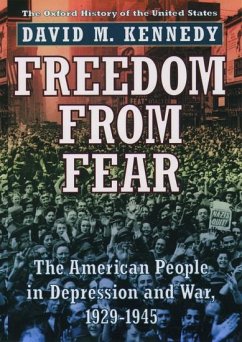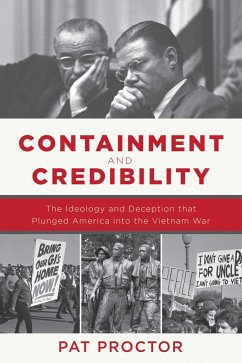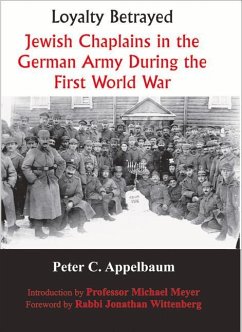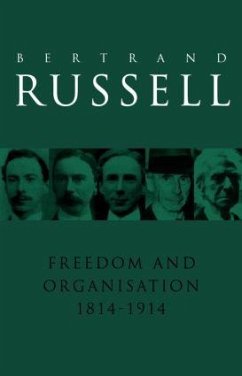Nicht lieferbar

Freedom Betrayed
Herbert Hoover's Secret History of the Second World War and Its Aftermath
Herausgeber: Nash, George H
Versandkostenfrei!
Nicht lieferbar
Herbert Hoover's "magnum opus"--at last published nearly fifty years after its completion--offers a revisionist reexamination of World War II and its cold war aftermath and a sweeping indictment of the "lost statesmanship" of Franklin Roosevelt. Hoover offers his frank evaluation of Roosevelt's foreign policies before Pearl Harbor and policies during the war, as well as an examination of the war's consequences, including the expansion of the Soviet empire at war's end and the eruption of the cold war against the Communists.
In his latest poetry collection, Anis Mojgani goes into the persistent shadow of grief. With an eloquent and delicate hand, Mojgani skillfully navigates the intricate terrain of carrying grief without allowing it to become an overwhelming burden, where joy and pain become interconnected threads in the intricate tapestry of life. Renowned for his ability to conjure surreal imagery and lay bare his raw vulnerability, Mojgani infuses each poem with a profound and unfiltered honesty, In the Pockets of Small Gods serves as a vessel for the human experience. Through Mojgani's masterful artistry, readers embark on a journey that traverses the landscape of human emotion, where grief intertwines with hope, and where the echoes of loss are softened by the embrace of memory. The collection stands as a testament to the remarkable capacity of poetry to articulate the nuanced complexities of existence, guiding us through the intricacies of navigating our shared journey with both resilience and compassion. * The banners from the publisher are missing and need to be added * The editorial reviews need to be reformatted as follows: "Anis Mojgani--dazzling meteor poet and thinker--follow him on this breathtaking, deeply moving voyage across sky and space and loss but mostly stare into the lake with him long enough to feel how wonders renew every cell. A crucial, amazing collection from a stirring high voltage voice!" > "'I can see it like it was a film, ' Anis Mojgani's rending new collection begins, and suddenly we see it too: cold black cherry cola through a straw, blackbirds rustling ripe plums down from trees, pizza shared between spouses who no longer cherish each other. Mojgani maps a path from the death of a friend to the death of a marriage to the death of a country. Here is a book that knows true grief, knows too how to alchemize that grief into grace. The cold, the fire, the losing, yes. But always, then: 'The spring. And the spring. The spring.'" --KAVEH AKBAR, author of Calling A Wolf A Wolf









